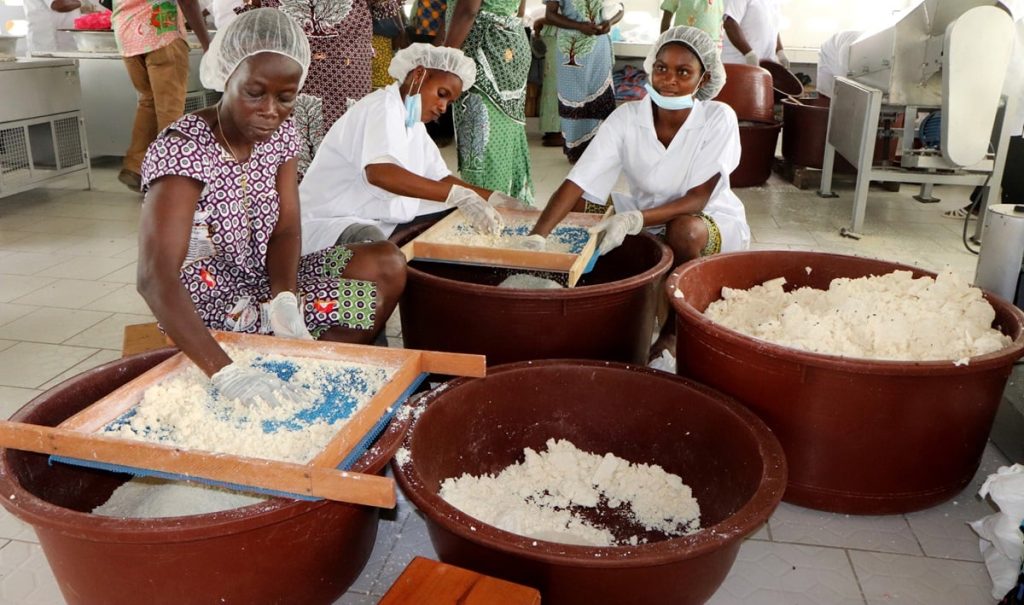UNESCO announced on Wednesday that attieke, the iconic dish of the Ivory Coast, along with the techniques used to prepare this fermented ground cassava meal, has been included in its list of humanity’s intangible cultural heritage.
Pronounced “atchekay,” attieke resembles couscous, requires a few days to prepare from scratch, and is a vital staple throughout the country and other parts of West Africa. Over time, attieke has become a significant symbol of Ivorian culture and a source of pride shared across the continent.
“A fundamental dish in the diverse culinary heritage of Ivory Coast, attieke is closely intertwined with the daily lives of its people,” stated Ramata Ly-Bakayoko, the nation’s permanent delegate to UNESCO, during the organization’s 19th session on safeguarding intangible cultural heritage in Asuncion, Paraguay.

Often served with fish and meat in sauce, attieke “is consumed daily during various ceremonies such as weddings, christenings, funerals, and community events,” Ly-Bakayoko noted.
Making cassava semolina involves expertise “based on specific techniques and traditional practices that have persisted for centuries,” she continued.
Communities have been passing down “this cultural tradition from one generation to the next,” primarily “from mothers to daughters,” making it “a cornerstone of their identity and that of all of Ivory Coast.”
In mid-2024, the African Intellectual Property Organisation registered a collective trademark prohibiting cassava meal produced in other nations from being sold under the name attieke.


